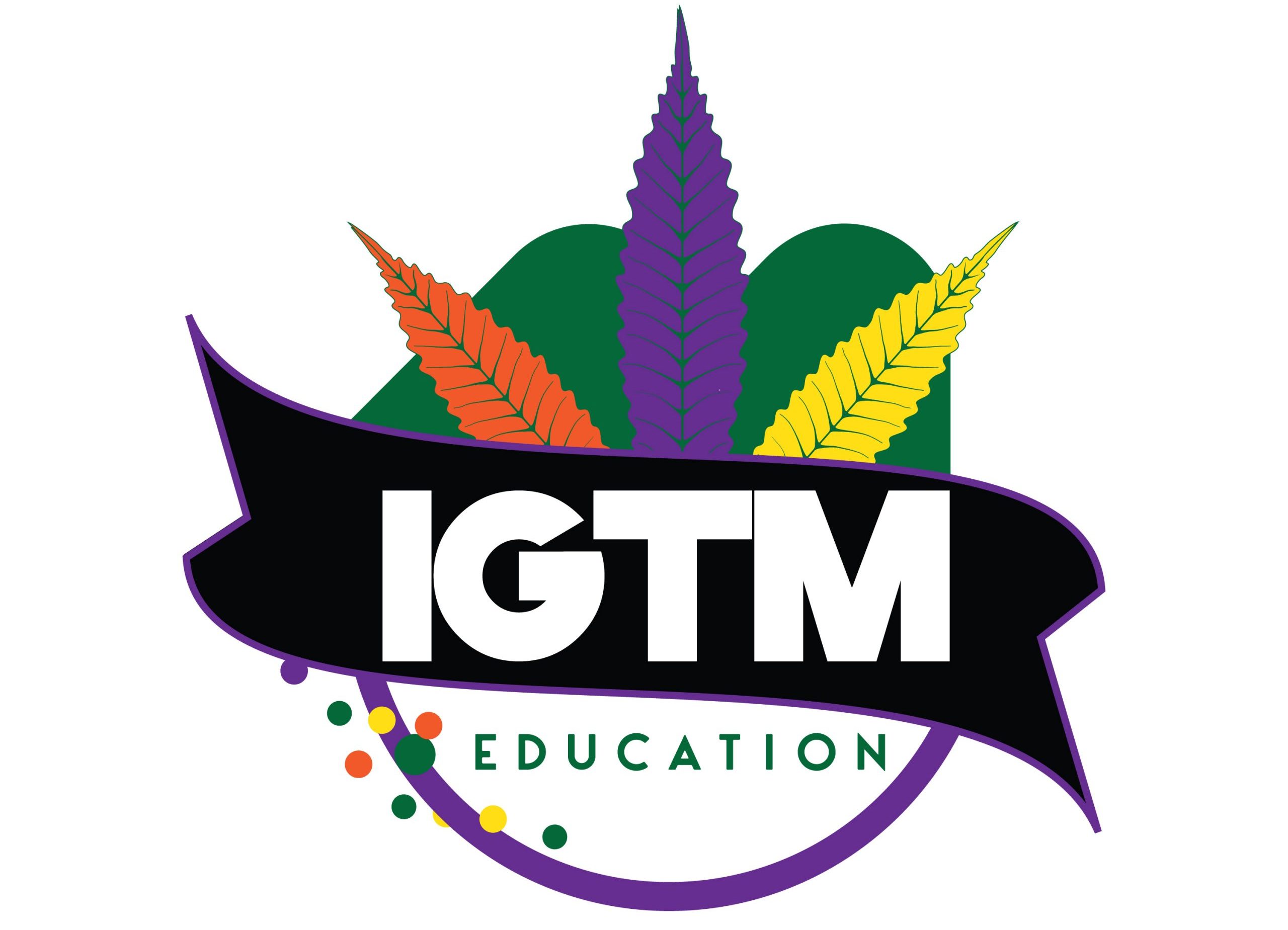
Over the past few weeks, some Arizona residents have been inundated with flyers, mailers, and glossy pamphlets. “Once in a lifetime opportunity,” they say. “Brighten your future. Own a cannabis dispensary at no cost to you.”
They’re all from the state’s biggest cannabis investors, who are searching — desperately — for people with prior marijuana charges, people who live in communities most impacted by marijuana laws, to front their applications for the state of Arizona’s 26 “social equity” dispensary licenses.
This program, the state’s troubled attempt to atone for the impact of cannabis criminalization, is the subject of a new lawsuit against the state of Arizona — which argues that the state is doing little to keep the licenses from quickly falling into the hands of behemoth cannabis companies.
The Greater Phoenix Urban League, an Arizona branch of the national civil rights organization, and Acre 41, a local cannabis consulting company, are plaintiffs in the new case, according to a copy of the lawsuit reviewed by Phoenix New Times. The parties plan to file their complaint Thursday in the Maricopa County Superior Court.
“These [investors] are coming in, selling them the dream,” said Celeste Rodriguez, at Acre 41, and a staunch advocate for social equity in the cannabis industry. “They want to buy them out for pennies, and add it to the portfolios that they are building right now.”Cannabis entrepreneurs and Acre 41 principals Zsa Zsa Simone, Shakirah Martinez, Celeste Rodriguez, and Blake Humphrey Courtesy Celeste Rodriguez

The new legal complaint argues that the social equity program has failed to meet the standards laid out in Prop 207, the ballot initiative voters passed last year that legalized marijuana and has allowed thousands of Arizonans to expunge prior marijuana charges. Through Prop 207, voters directed the state to create a program that promoted dispensary ownership by people who were disproportionately impacted by marijuana laws — which, in Arizona, often was poor, Black and Latino communities.
But since the draft rules for the social equity program were released, advocates warned that major cannabis investors might easily game the system. And now, Rodriguez says that’s what she’s seeing.
“What the voters were trying to do was enrich communities that were impacted by the drug war.” Jimmy Cool, the lead attorney on the case, told New Times.“From our clients’ perspective, all [the program] does is enrich 26 people.”
The social equity licenses are golden tickets in Arizona’s burgeoning cannabis industry, which has a set number of dispensary licenses. They will be the last 26 of 169 dispensary licenses that the state issues, meaning that they are likely to be extremely lucrative. And it means that they are, to put it lightly, in high demand.

Final rules for the program, which is being administered by the Arizona Department of Health Services, were released in October. Its guidelines allow qualifying applicants to put their name in a lottery for one of 26 social equity licenses.
To apply, at least 51% of the applying entity must be owned by an individual, or a group of individuals, who can prove they fit three of four criteria that demonstrate impact from old marijuana laws. A prior cannabis charge, a lower income bracket, and recent residency in a ZIP code deemed by the state to have suffered disproportionately under the laws would, together, qualify an applicant, for instance.
The application is complex: Applicants must post a $4,000, non-refundable filing fee, complete hours of online training, and submit extensive paperwork to the state.
In December, a lottery will be held, and 26 licenses will be issued. According to the current rules, an applicant who wins a license could, theoretically, sell off their shares to an investor the next day.
This is the heart of the new lawsuit’s criticism of the program. Prop 207 asked for a program to encourage “ownership and operation” of marijuana businesses by people from communities who had suffered disproportionately under marijuana laws. Attorneys on the case argue that there are no provisions to ensure operation or even continued ownership.
“The final rules promulgated by ADHS create what are functionally 26 ‘lottery tickets’ for qualifying individuals,” the complaint argues, “rather than a regime of continuing social equity ownership and operation.”
Rodriguez says she hopes that the suit will, at the least, delay the lottery and force the state to address some of the concerns.
The Arizona Department of Health declined to comment to New Times on whether the lawsuit could impact the program’s timeline, citing pending litigation.
So far, the social equity program is moving forward.
Applicants must complete a training series by Wednesday; their applications are then due in early December.
Demitri Downing, CEO of the Marijuana Industry Trade Association of Arizona, which lobbies on behalf of the state’s cannabis companies, told New Times on Monday that nearly 800 people had so far completed the required training — a sign that the number of applicants for the social equity license lottery could end up in the thousands.
And, over the last few weeks, advocates have watched in dismay as major cannabis companies have doubled down on their efforts to secure partial ownership of the licenses.
“It’s just this giant industry grift that we all saw coming,” said Julie Gunnigle, attorney and political director at the National Organization for the Reform of Marijuana Laws of Arizona, a cannabis advocacy group.
“But what I didn’t anticipate,” Gunnigle said, “was just how brazen these folks were going to be.”
Ever since Prop 207 permitted some Arizonans with minor cannabis charges to petition for expungement, Arizona NORML has been traveling the state, offering free expungement clinics and helping people scrub their old charges.
Recently, Gunnigle says, cannabis industry representatives canvassed their clinics, seeking potential people with past charges to front their applications for the licenses.

Gunnigle also claims that Arizona NORML received a six-figure offer from a company for their list of names of people with expunged charges, although she declined to provide the name of the company.
“We told them to go fuck themselves,” she told New Times.
Gunnigle suspects many of the cannabis investors clamoring for a social equity license hope to submit applications where they own 49% stake in the company, while the “social equity” applicants own the other 51%.
One major, multi-state cannabis company — Justice Cannabis Co., — confirmed to New Times that this was, indeed, their model. According to the company’s general counsel, Gail Brashers-Krug, the company has been seeking applicants in Arizona for this purpose, although Brashers-Krug emphasized that the company has a “civil rights background,” and was making Arizona’s “virtually impenetrable” application system more open to applicants.
“It’s been much more challenging to find qualified Arizona applicants than it has been in other states,” Brashers-Krug said.
Other cannabis companies who have been canvassing for social equity applicants were far less eager to discuss their plans. A spokesperson at Copperstate Farms stopped responding and eventually declined to answer all questions when New Times began inquiring about social equity licenses. The Mint CEO Eivan Shahara also declined multiple requests for an interview and did not reply to written questions.
But both these companies have been advertising fervently for potential applicants.
“Do you want to own a cannabis company?” reads a pop-up on The Mint’s website. A Google form attached asks potential applicants if they can “come in immediately” to discuss the opportunity. A flyer distributed by Copperstate Farms tells applicants that they will “set up a dispensary as partners.”
Cannabis companies, though, argue that applicants have little chance at winning the lottery if they don’t partner with experienced investors who can navigate the process of setting up a dispensary.
A Craigslist advertisement seeking partners for a marijuana dispensary posted in Phoenix led to Elevated Arizona, a new company made up of individuals with experience in the industry.
“I think that no matter what candidates are ultimately going to need capital and experience,” said Rachel McClure of Elevated Arizona. “We’re actually trying to work with people, trying to pair experience with capital and qualified candidates. We’re not trying to buy anybody out.”
McClure said she’s seen advertisements from some companies, but not hers, touting $1,000 a week for five years, which she thinks is predatory behavior.
Gunnigle says she has noticed companies assembling “pools” of qualified social equity applicants, who would all share the 51% ownership stake.
“That’s really dope for investors,” she said, “because all you need is to peel off a few of them, and then it’s investor controlled.”
Brashers-Krug confirmed to New Times that in “some cases” the company was using pools of applicants to apply for licenses, but declined to provide any further details.
Such practices are at the heart of what the new lawsuit is attempting to stop, Cool told New Times.
His clients, he said, “want to ensure the operation of these [dispensaries] for communities disproportionately impacted.”

